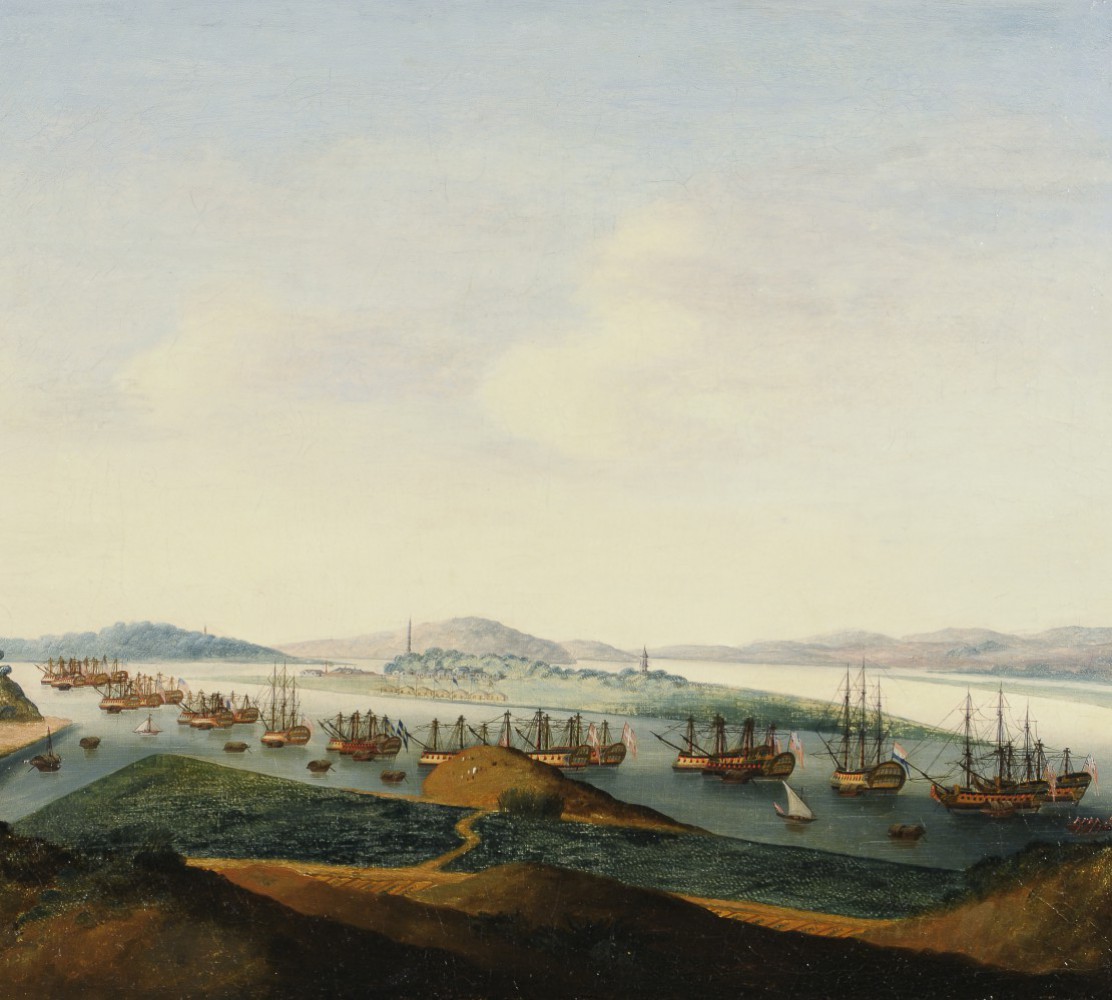This blog is written by Benjamin Asmussen as a tool for my PhD-project with the working title Between Copenhagen and Canton.
The project is part of my job as a curator and historian at the Maritime Museum of Denmark and is carried out at the Centre for Business History at the Copenhagen Business School.
The overall question for is my thesis is: Considering the cultural, legal and practical framework of the merchants of the Danish Asiatic Company from 1732 to 1833, how did the encounter with Chinese merchants develop?
In more detail:
- How did the merchants of the Oldenburg Monarchy prepare for their encounters with the Chinese and how did this encounter develop from 1732 to 1833?
- How were merchants’ commercial networks formed within and across cultures?
- And finally, how did the merchants perceive themselves and their role in society?
Within these research questions, two perspectives will be central:
The first is the network perspective – how were the merchants of the Oldenburg Monarchy connected and how did networks help them enter the business world as well as help them in the trade with the Chinese merchants.
The other is the perspective of the actor – how were they trained, how did they prepare for their encounters with their Chinese counterparts and how did the world look from their point of view.
Oldenburg State??
In the 18th century the kings of Frederik IV, Christian VI, Frederik V and Christian VII, based in Copenhagen, ruled over a multinational mini-empire consisting of the kingdoms of Denmark and Norway, the duchies of Schleswig and Holstein, until 1773 the county of Oldenburg-Delmenhorst, the countries of Iceland and the Faroe Islands as well as the colonies of Greenland, Finnmark, Danish West Indies, the Danish East Indies, primarily Tranquebar, Frederiksnagore and the Nicobar Islands as well as the slave forts of the Gold Coast in Africa.
These areas was united by their loyalty to their sovereign rather than a feeling of belonging to the same nation. Among scholars this realm are often referred to as the Oldenburg Conglomerate State, or just the Oldenburg State for short.

